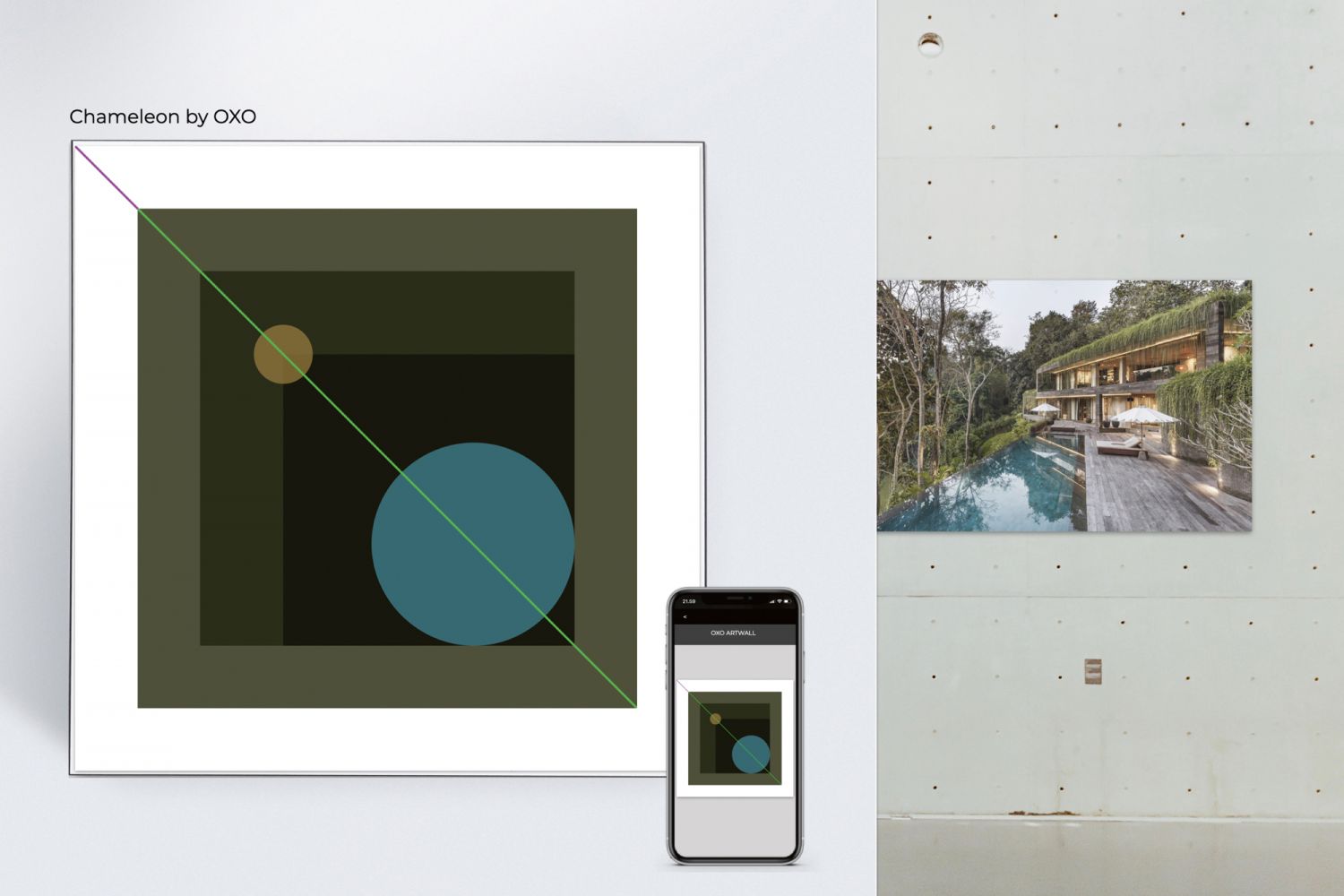The current property landscape offers more opportunities than ever when it comes to tech—we explore the latest digital property trends that have been accelerated by the pandemic
Technology has been playing an increasingly important role in real estate. This is especially evident in recent years, where the Covid-19 pandemic further propelled the use of digital tools within the property industry, which includes the rise of virtual property viewings as well as the rush for virtual land in the metaverse.
With the rapid evolution of smart home technology and other digital features in the property market, the real estate industry will continue to adapt in order to cater to evolving preferences and lifestyles. Here, we highlight some of the most impactful trends that will continue to shape the real estate sector.
Don't miss: Should You Buy a House Based on a Virtual Property Viewing?
1. The rise and rise of home automation

The pandemic has created a certain lifestyle trend—we are spending more time than ever at home. Although more employees are returning to the office, the hybrid working concept looks set to stay thanks to the flexibility and convenience it affords. As such, a house equipped with smart home technologies enabled by artificial intelligence (AI)—with features that include automated lighting and sound systems, and energy-saving systems—is becoming a necessity, as home buyers seek to marry convenience with enhanced security and sustainable solutions.
“An ongoing trend that actually started before the pandemic, smart technologies will become even more universal in the interior design space, changing the way we conceive design by providing a higher degree of customisation,” says Steve Leung, founder of Hong Kong and Shanghai-based firm Steve Leung Design Group.
Johannes Weissenbaeck, founder and CEO of OXO Living, agrees; his firm is an Indonesia-headquartered property and design company that develops and manages estates, villas, and other luxurious homes around the world. “AI will be a major driver in the real world and the metaverse,” says Weissenbaeck. “We are already using [AI] without thinking about it. Just ask Siri, say ‘Hey Google’, or drive a modern car that gently brings you back to the middle of the road.”
Read more: Home Tour: A Singapore Bungalow with a Stylish Basement Made to Entertain



